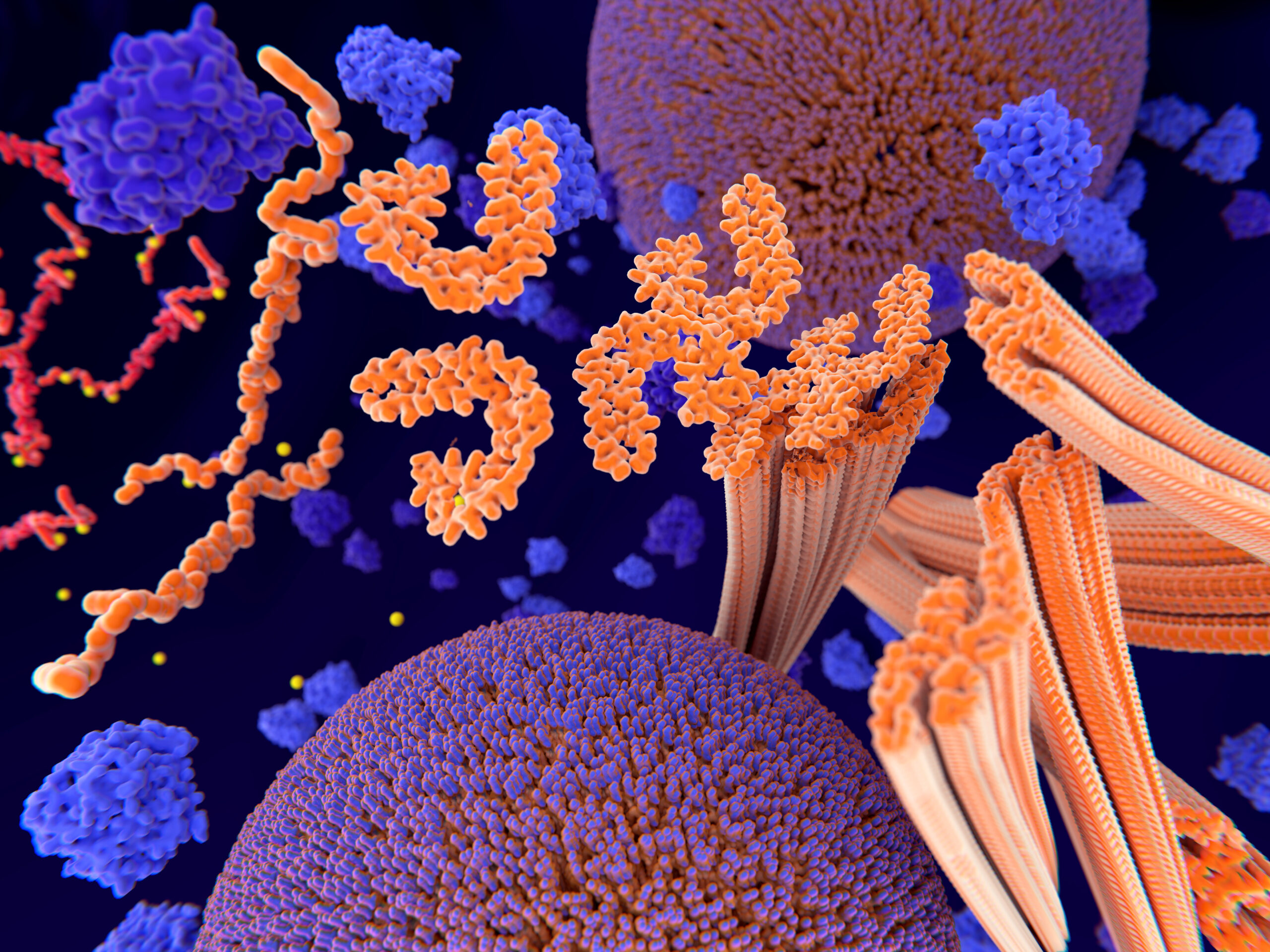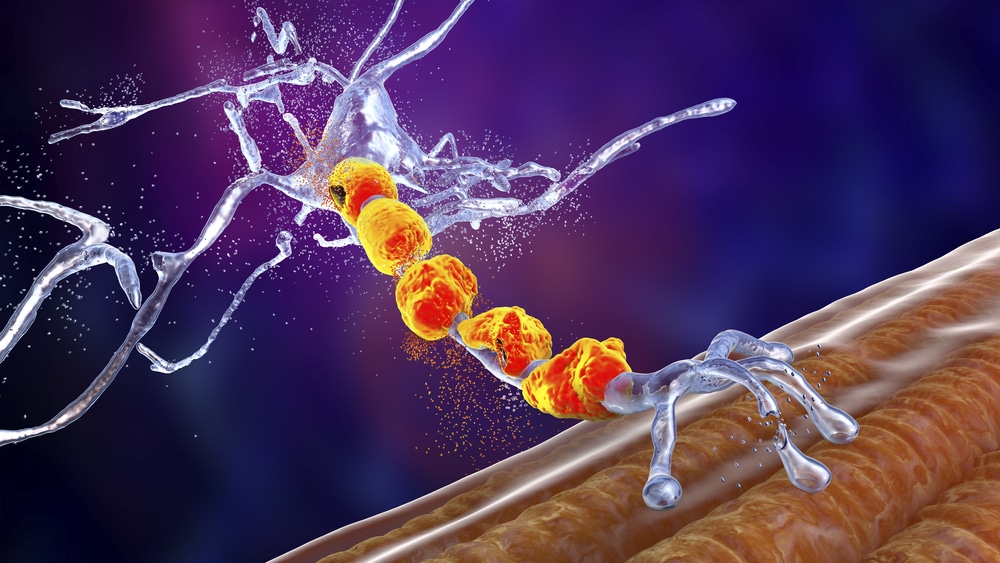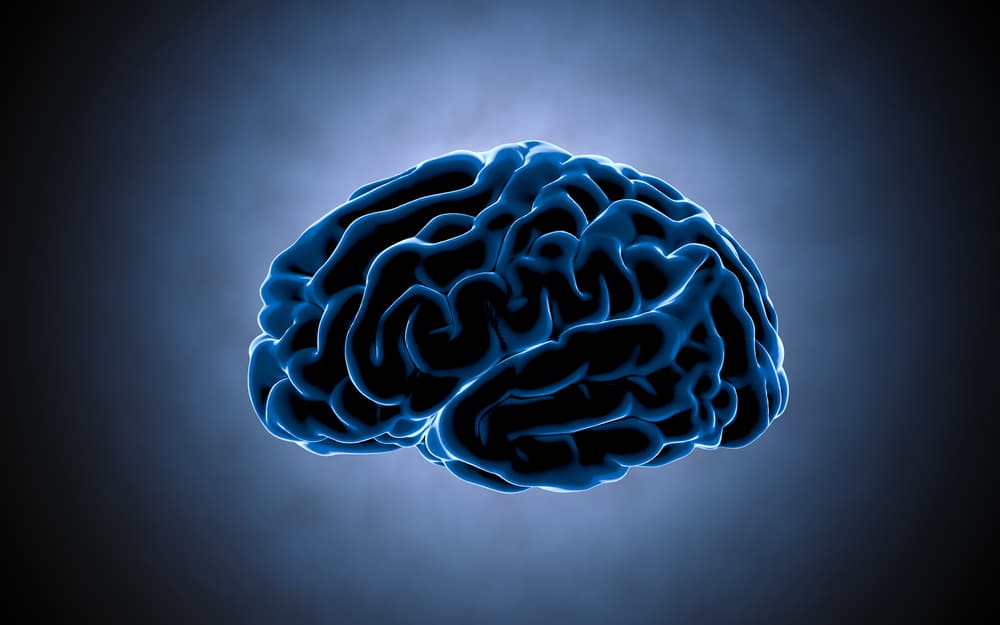Neuropharmacology
Tau Hot Spots: A New Discovery
Today, over 55 million people worldwide are living with Alzheimer’s disease (AD). While AD is the most common form of dementia, there is currently no cure for the disease. But a recent discovery about the role tau may play in AD represents an exciting breakthrough in our understanding of the progression of AD and other ...
Vaccines Prove Promising in Alzheimer’s Mouse Models
More than six million Americans are currently living with Alzheimer’s disease (AD). While there is no cure for this devastating illness, several pharmaceutical companies are working to develop immunotherapeutic vaccines designed to prevent and reduce AD symptoms. Now, through a series of experiments with Alzheimer’s mouse models, University of Kansas researchers have discovered a possible ...
Scientists Find TDP-43 May Be a Biomarker for Early ALS Diagnosis
Up to 30,000 Americans are currently living with amyotrophic lateral sclerosis, or ALS. While there is no known cure for this degenerative neurological disease, doctors can slow disease progression if the condition is detected early enough. Now, researchers may have discovered a biomarker that would allow ALS patients to get a diagnosis and start treatment ...
Morris Water Maze Test Spurs Alzheimer’s Disease Findings
The Alzheimer’s Association reports that, by 2050, the number of people aged 65 and older with Alzheimer’s disease is projected to reach 12.7 million. As the number of patients continues to grow, the search for effective treatments becomes more urgent. But to develop effective treatments, doctors must further understand what causes Alzheimer’s disease. Recently, researchers ...




